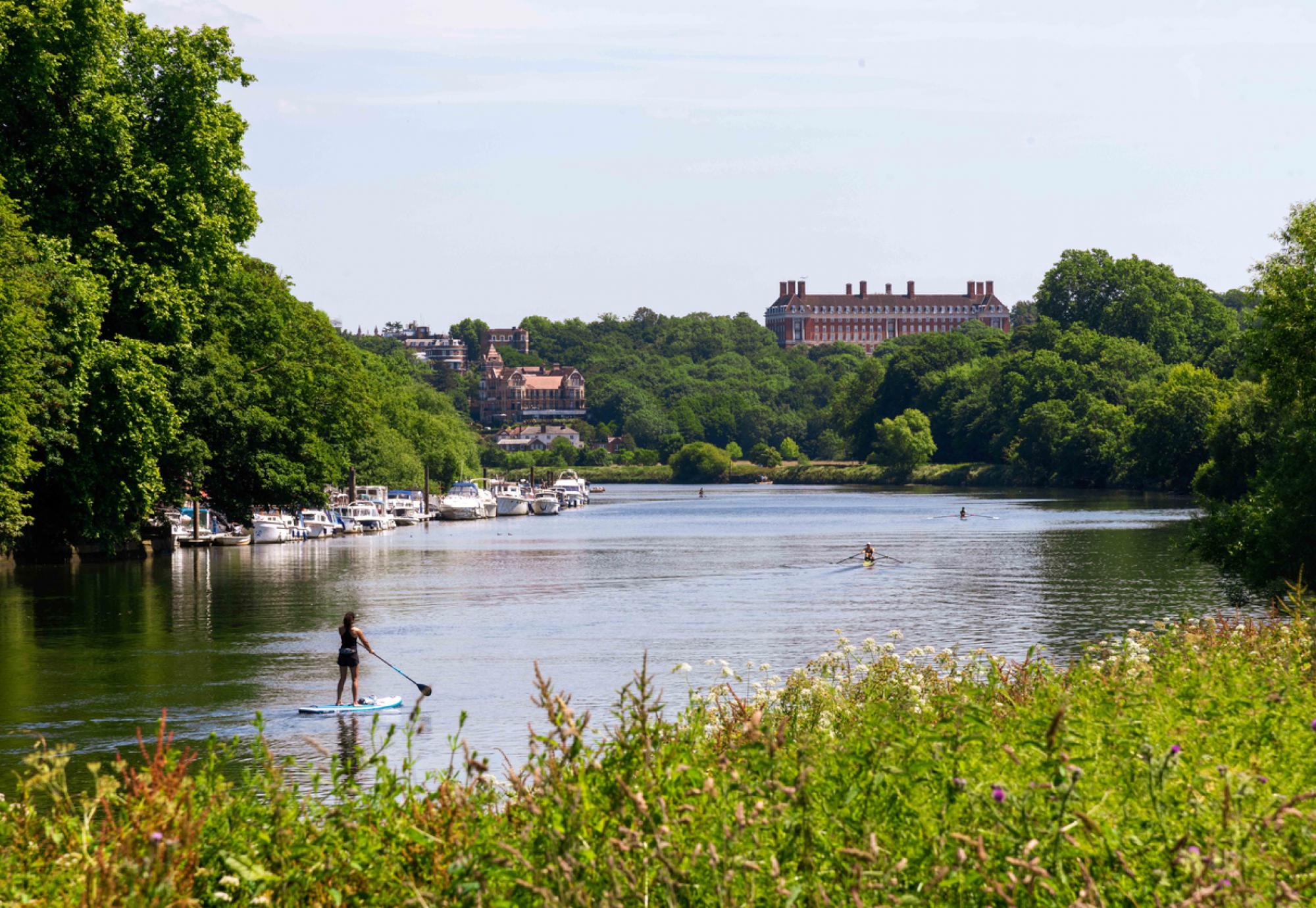In order to ensure that flood risk meets local priorities, Richmond Council has announced that it is taking on board input from the community.
Considering the unique position of Richmond-on-Thames that spans both sides of the River Thames, the council has made it a key priority to update its Local Flood Risk Management Strategy. This comes as residents and businesses are already feeling the effects of flooding.
The council published an original version of its Local Flood Risk Management Strategy in 2021, with it identifying various flood risks and how they can be managed, whilst also outlining the roles and responsibilities of authorities. The strategy is updated on a six-year cycle, allowing the council to look at progress that has been made to ensure that it meets policy and local need. The council stated that it understands the importance of the public being able to give their input on how flood management should be delivered in the borough, with this allowing the consideration of a wide variety of perspectives on flood risk.
The draft version of the new strategy will focus on six key objectives:
- Knowledge of flooding
- Development of wider contributions
- Funding and resources
- Partnership working
- Raising awareness of flood risk with local communities, residents and businesses
- Emergency response plans and climate change
Councillor Julia Neden-Watts, Chair of the Environment, Sustainability, Culture and Sports Committee, said:
“Some of our most important work at the Council is continuing to prepare and adapt our borough to a changing climate. As the Lead Local Flood Authority under the Flood and Water Management Act - and because so much of our borough lies in proximity to the Thames, the River Crane and the Beverley Brook, and is widely affected by surface water issues - a crucial aspect of this work is flood management. The Local Flood Risk Management Strategy has been developed to identify and manage all aspects of flood risk, including surface water flood risks, and to implement sustainable drainage.
“By working together with local partners on projects to increase flood resilience in areas of priority, like the Beverley Brook catchment area, and getting input from our residents on these important strategies, our aim is to modernise flood risk management, increase community preparedness and help to restore a more natural watercourse to our urban environment.”



















